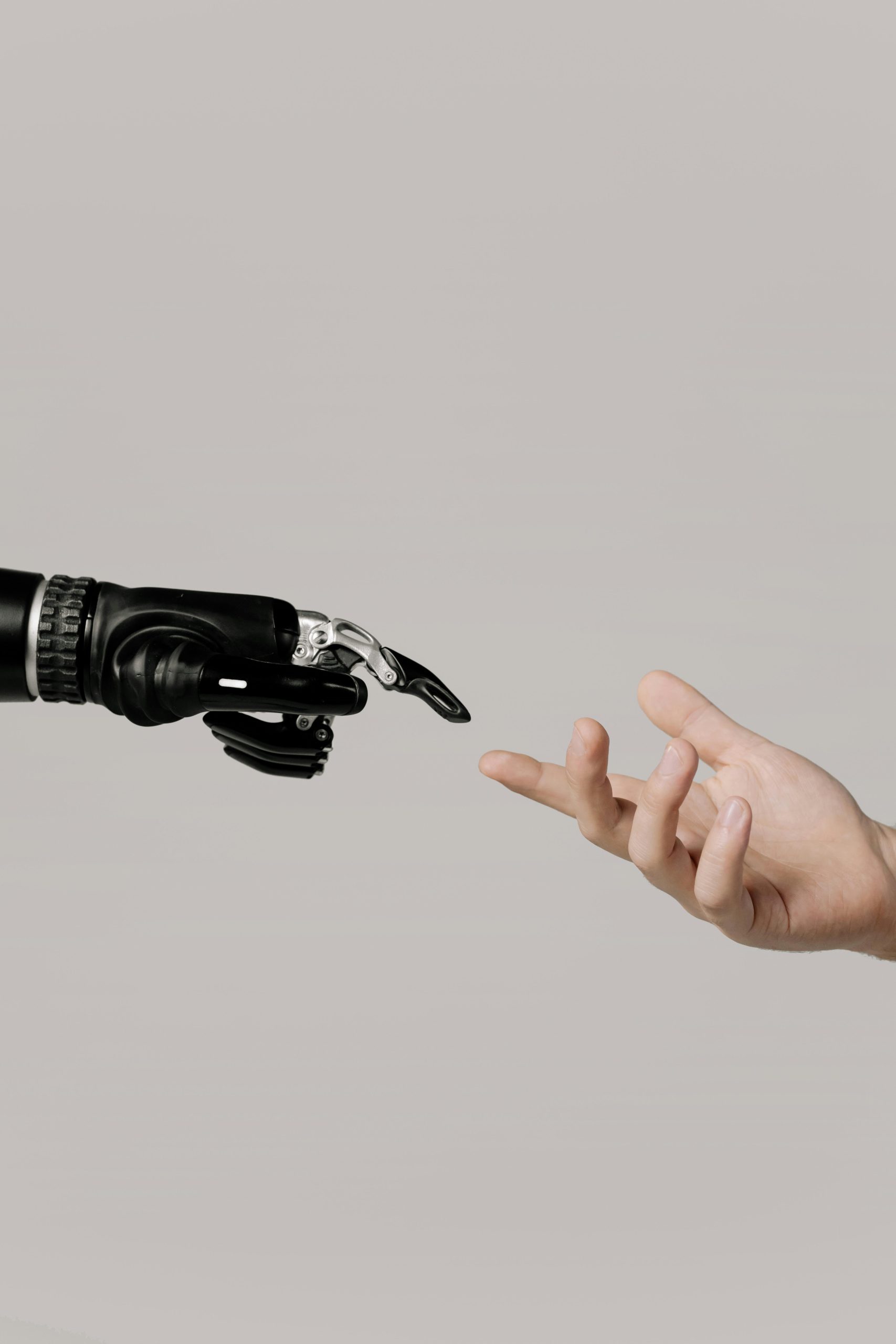My Individual Suggestion: The Thesis of Discontinuity
Understanding the Disruption: The Discontinuity Thesis in AI Development
In the rapidly evolving landscape of artificial intelligence, new theories are emerging to explain the profound transformation underway. One such concept gaining attention is known as the “Discontinuity Thesis,” which offers a fresh perspective on how AI may reshape our economic and societal structures.
What Is the Discontinuity Thesis?
At its core, the Discontinuity Thesis posits that AI represents more than just an evolution within industry—it signifies a fundamental shift in human cognition and automation. Unlike previous technological revolutions that primarily replaced physical labor, AI automates mental processes, leading to an entirely different set of economic and social implications.
Key Insights Behind the Theory
-
Automation of Thought: AI’s ability to perform complex mental tasks means that it can outcompete human workers in cognitive domains, potentially leading to widespread displacement of jobs that require thinking, reasoning, or decision-making.
-
Economic Instability Risks: Since modern capitalist economies depend heavily on consumer purchasing power driven by employment, significant job losses could threaten economic stability if society cannot adapt swiftly enough.
-
Inherent Challenges in Regulation: The situation resembles a multidisciplinary “prisoners’ dilemma”—where individual entities or nations are unlikely to halt or regulate AI development, even if they recognize potential risks. This creates a scenario where collective action is nearly impossible.
A Complex Problem Meets Theoretical Models
Interestingly, the Discontinuity Thesis draws parallels with computational complexity theories like P versus NP. The idea is that AI transforms complex, intractable problems (NP) into easily solvable tasks. Meanwhile, verifying these solutions remains straightforward—either done by humans or machines—leaving a specialized class of experts responsible for oversight and validation.
Is This Analysis Complete?
As I develop this framework, I seek critical insights to ensure I haven’t overlooked key factors. Conversations with colleagues and AI-driven discussions suggest the core ideas stand, but I welcome input from those with a deeper understanding of AI development and economic systems.
To explore this theory further, I invite readers to visit my detailed write-up: https://discontinuitythesis.com/
Disclaimer: This post aims to spark thoughtful discussion about the potential trajectories of AI and its societal impacts. Your feedback and perspectives are highly valued as we collectively navigate this transformative era.














Post Comment